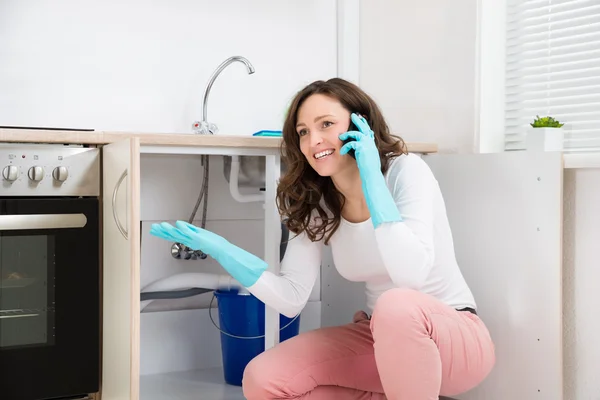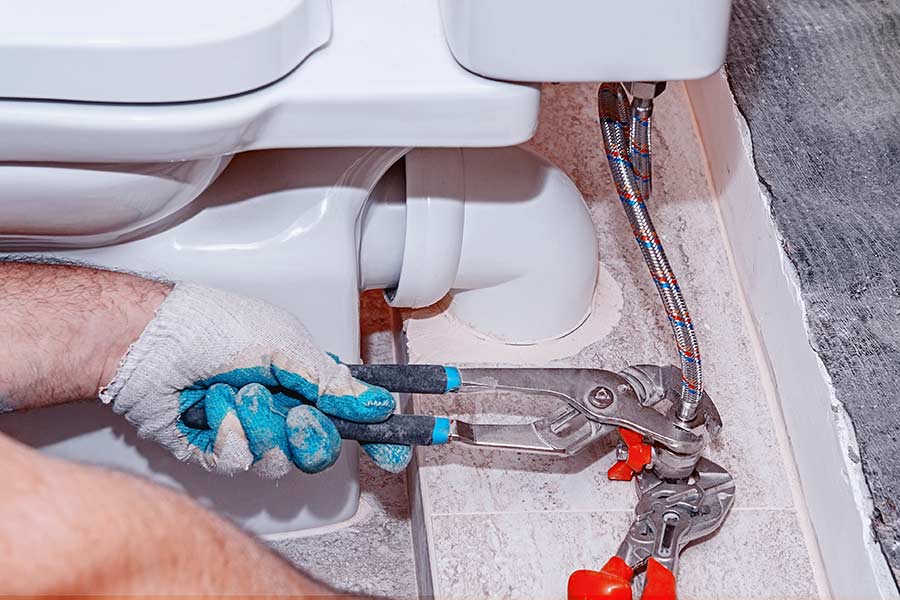5 Typical Water Leak Triggers
5 Typical Water Leak Triggers
Blog Article
This article listed below relating to How to Find and Prevent Water Leaks in Your Home is quite insightful. Read it yourself and decide what you think of it.

"Be cautious of little costs. A small leak will sink an excellent ship." - Benjamin Franklin.
He couldn't have been extra ideal because water leakages in our houses result in a waste of sources, boosting our water costs. Although this boost might appear negligible initially, it can bring about substantial expenses that can damage your financial institution. Apart from an increase in costs, water leaks additionally trigger undesirable natural development, structural damages, and also electric risks.
If you have a water leak isn't always very easy due to being unable to see most of the pipework in your residence, figuring out. If you have had a boost in your water costs lately, noticed water spots on ceilings and also wall surfaces, scented poor smell, etc. You could want to take into consideration requesting plumbing solutions to get it had a look at.
There are numerous causes of water leaks, and we have actually put together the common factors below. Inspect to see if you have had relevant concerns in your home lately.
Clogged drains pipes
Food bits, dust, and also grease can trigger blocked drains and also obstruct the flow of water in and out of your sink. Boosted stress within the gutters can cause an overflow and also finish up fracturing or bursting pipelines if undealt with. To avoid stopped up drains in your home, we suggest you to avoid pouring bits down the drain as well as routine cleansing of sinks.
High water pressure
You saw your house water pressure is greater than typical yet after that, why should you care? It's out of your control.
It would be best if you cared because your ordinary water stress must be 60 Psi (per square inch) and also although your home's plumbing system is designed to withstand 80 Psi. A boost in water stress can put a stress on your home pipelines and lead to fractures, or worse, burst pipes. If you ever observe that your residence water pressure is more than common, contact an expert about controling it.
Deterioration
As your pipework ages, it obtains weaker and a lot more vulnerable to rust after the constant passage of water with them, which can gnaw at pipes as well as create cracks. A visible indicator of corrosion in your home plumbing system is staining and also although this could be difficult to find due to most pipelines hidden away. Once they are old to make sure a sound plumbing system, we suggest doing a regular checkup every couple of years and alter pipelines
Damaged pipe joints
Pipe joints are the components of our plumbing system where the pipes attach. It is important to keep in mind that also though pipes are made to withstand stress and also last for a while, they weren't created to last permanently; for that reason, they would wear away over time. A typical indication of harmed pipe joints is extreme sound from faucets.
Damaged seals
An additional cause of water leaks in houses is damaged seals of residence devices that make use of water, e.g., a dishwasher. When such devices are installed, seals are set up around water adapters for simple flow of water through the device. Therefore, a broken seal can cause leakage of water when in operation.
With little or no knowledge of plumbing, understanding your home's plumbing system enough to deal with several of these problems (without repercussion) can be a trouble. Connect with plumbing professionals in Pittsburgh, Divine Superintendence, Rochester, as well as environ today, and they'll make those problems disappear.
He could not have actually been much more right due to the fact that water leakages in our houses result in a waste of sources, raising our water expenses. If you have had a boost in your water costs lately, saw water discolorations on ceilings and wall surfaces, smelt poor smell, and so on. A boost in water pressure can place a pressure on your house pipelines and also lead to splits, or even worse, burst pipes. Another cause of water leaks in homes is broken seals of residence appliances that make use of water, e.g., a dish washer. When such appliances are set up, seals are installed around water connectors for simple passage of water via the device.
5 TIPS IN DETECTING A WATER LEAK IN YOUR HOUSE
Water leaks can be hard to find in your home, yet they can be so common. We rely on water every day in our home, which is why a leak can cause big problems. By detecting them early, you can save money and further damage, getting the problem fixed as soon as possible. Here are 5 tips to help you detect a water leak in your home, so you can contact a plumber straight away and get the issue sorted.
Check your water meter
Many people underestimate the value of the water meter in their home. It can be one of the best ways to tell if you have a leak early on, so you can get on top of it before issues start arising. Start by turning off all the water in your home: taps, washing machine, dishwasher, etc. Now take a look at the meter – if it’s still changing with everything turned off, it’s likely you have a fast-flowing leak that you need to get on top of straight away. If nothing changes, then leave your meter for an hour or two and come back to it. Did it change in this time? It’s likely you have a slower leak, which isn’t as urgent but still handy to get fixed so it doesn’t become a bigger problem.
Keep an eye on your bill
Another good way to detect a leak in your home is by keeping an eye on your water bill. It helps if you have a past bill from the same period of time. You can compare like for like and determine whether your water usage has increased significantly. If it has, there may be a leak in your system that you haven’t picked up before. A professional plumber can check through all of your pipes and determine where it is coming from.
Look for damage
If you have a leak inside your home, you will notice damage over time. Take a look at your showers and bathtubs and note whether any of the tiles surrounding the area seem to be discoloured or damaged in any way. There may be water stains, mould or peeling material that has resulted from a build up of moisture over time. Make sure you take a look under sinks at the back of cupboards that don’t get accessed regularly. This is where damage can go unnoticed and build up over periods of time.

Do you really like reading up on Common Causes of Water Leaks in the Home? Post feedback directly below. We'd be glad to hear your feelings about this posting. In hopes to see you back again later on. Those who appreciated our article if you please do not forget to pass it around. I enjoy reading our article about Where to Find Water Leaks.
Drain woes? Connect. Report this page